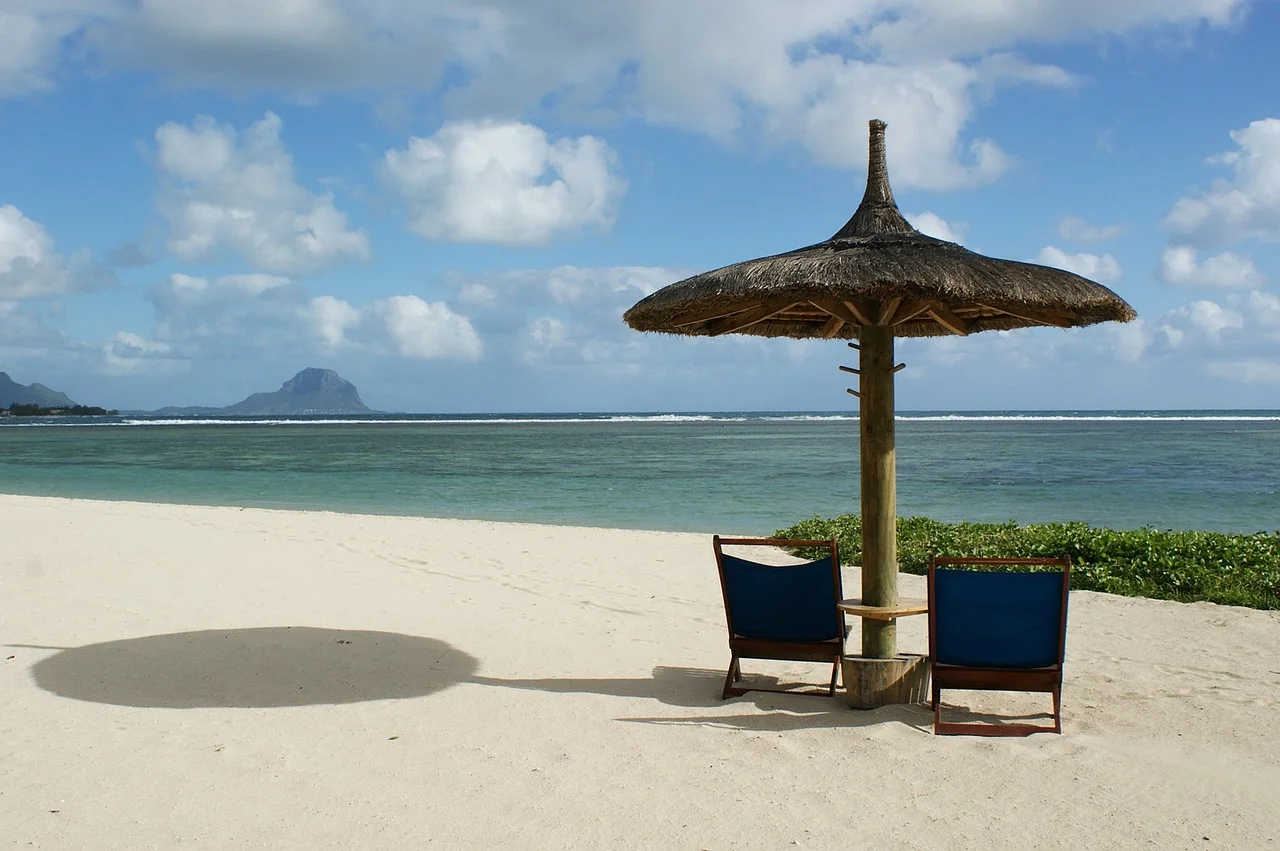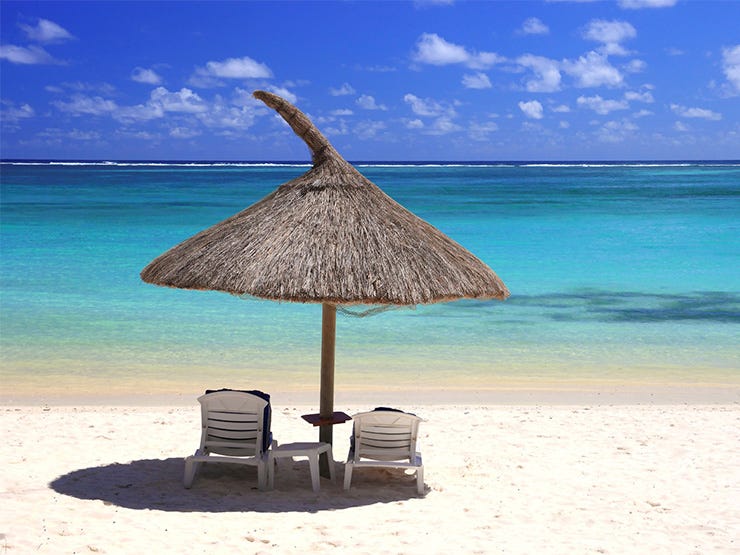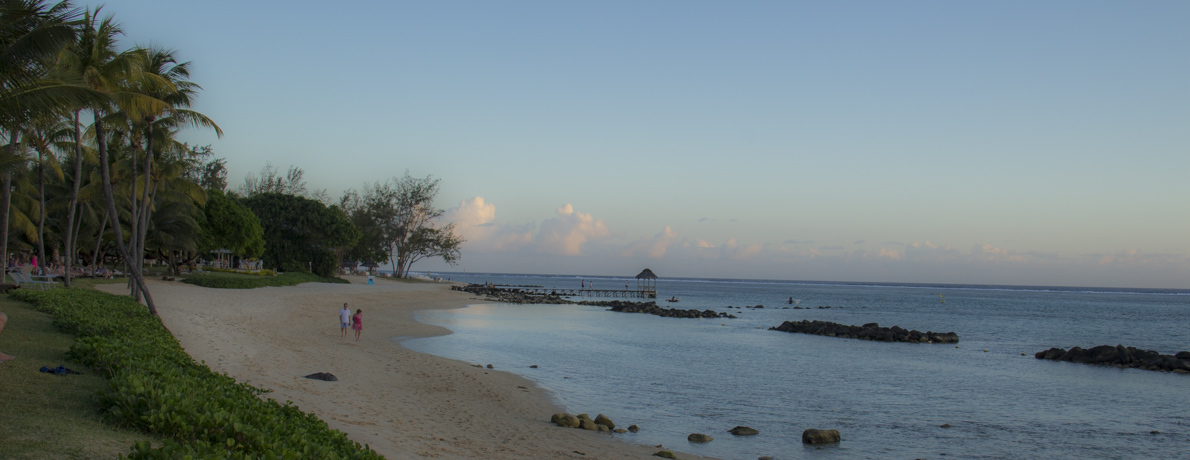Mauritius: A Jewel in the Indian Ocean
Related Articles: Mauritius: A Jewel in the Indian Ocean
Introduction
In this auspicious occasion, we are delighted to delve into the intriguing topic related to Mauritius: A Jewel in the Indian Ocean. Let’s weave interesting information and offer fresh perspectives to the readers.
Table of Content
Mauritius: A Jewel in the Indian Ocean

Mauritius, an island nation in the Indian Ocean, is a renowned destination for its stunning beaches, vibrant culture, and rich history. While geographically small, its significance extends far beyond its physical size. Understanding Mauritius’s location within the global map reveals its unique role in the world, highlighting its strategic importance, economic contributions, and cultural influence.
Mauritius’s Geographic Context
Mauritius is situated approximately 2,000 kilometers east of mainland Africa, forming part of the Mascarene Islands archipelago. Its location in the southwestern Indian Ocean positions it at a crucial crossroads of trade routes, linking Africa, Asia, and Europe. This strategic positioning has historically played a significant role in shaping the island’s development, fostering economic activity and cultural exchange.
Mauritius on the World Map: A Closer Look
To grasp Mauritius’s global relevance, it is essential to examine its geographical context:
- Island Nation: Mauritius is an island nation, comprising the main island of Mauritius, as well as Rodrigues Island, Agalega Islands, and the Saint Brandon Shoals. This island status significantly impacts its economic and political landscape, fostering a sense of unity and dependence on its maritime resources.
- Indian Ocean Location: Situated in the southwestern Indian Ocean, Mauritius shares its waters with other island nations like Madagascar, Reunion, and Seychelles. This geographical proximity facilitates regional cooperation, sharing resources, and fostering cultural exchange.
- Strategic Crossroads: Mauritius’s location at the crossroads of trade routes has historically made it a crucial point for maritime trade. Its port facilities and strategic positioning have contributed to its economic growth and international influence.
Mauritius’s Global Importance
Beyond its geographical significance, Mauritius holds substantial global importance in various domains:
- Economic Hub: Mauritius is a significant economic hub in the Indian Ocean region. Its robust financial sector, thriving tourism industry, and well-developed infrastructure attract foreign investment and drive regional economic growth.
- International Trade: Mauritius is a member of the World Trade Organization (WTO) and actively participates in international trade agreements. Its free trade zones and favorable investment policies contribute to its role as a global trading partner.
- Regional Cooperation: Mauritius actively engages in regional cooperation initiatives, promoting economic development and addressing shared challenges within the Indian Ocean region. Its participation in organizations like the Indian Ocean Commission (IOC) strengthens regional stability and cooperation.
- Cultural Diversity: Mauritius boasts a rich and diverse cultural heritage, shaped by the confluence of African, Indian, Chinese, and European influences. This multicultural mosaic enriches its artistic expression, cuisine, and social fabric, contributing to its unique identity on the global stage.
Mauritius’s Benefits and Challenges
Mauritius’s strategic location and economic prowess offer several advantages:
- Economic Growth: Mauritius’s favorable economic environment attracts foreign investment, fostering economic growth and creating employment opportunities.
- Tourism Revenue: The island’s pristine beaches, diverse landscapes, and vibrant culture draw tourists from around the world, generating significant revenue and contributing to the economy.
- International Recognition: Mauritius’s global influence and economic success have earned it recognition on the international stage, strengthening its diplomatic relations and fostering trade partnerships.
However, Mauritius also faces certain challenges:
- Climate Change: As an island nation, Mauritius is particularly vulnerable to the effects of climate change, including rising sea levels and extreme weather events.
- Resource Management: Managing its limited resources, including land and water, is crucial for sustainable development and environmental preservation.
- Economic Diversification: While tourism and finance contribute significantly to the economy, diversifying its economic base is essential for long-term sustainability.
Mauritius Map in the World: FAQs
1. What is Mauritius’s geographic location?
Mauritius is an island nation located in the southwestern Indian Ocean, approximately 2,000 kilometers east of mainland Africa.
2. What is the significance of Mauritius’s location?
Mauritius’s location at the crossroads of trade routes has historically made it a crucial point for maritime trade, contributing to its economic growth and international influence.
3. What are the main economic sectors in Mauritius?
Mauritius’s economy is driven by tourism, finance, and manufacturing. Its well-developed infrastructure and favorable investment policies attract foreign investment and foster economic growth.
4. How does Mauritius contribute to regional cooperation?
Mauritius actively engages in regional cooperation initiatives, promoting economic development and addressing shared challenges within the Indian Ocean region. Its participation in organizations like the Indian Ocean Commission (IOC) strengthens regional stability and cooperation.
5. What are the challenges facing Mauritius?
Mauritius faces challenges related to climate change, resource management, and economic diversification. Its island status makes it particularly vulnerable to the effects of climate change, while managing its limited resources and diversifying its economic base are crucial for long-term sustainability.
Tips for Understanding Mauritius’s Global Role
- Explore the History: Understanding Mauritius’s colonial past and its subsequent journey to independence provides valuable insight into its current political and economic landscape.
- Engage with the Culture: Delve into Mauritius’s rich cultural heritage, appreciating the diverse influences that have shaped its traditions, music, and cuisine.
- Learn About Regional Initiatives: Explore the various regional organizations and initiatives in which Mauritius participates, understanding its role in promoting regional cooperation and addressing shared challenges.
- Follow Current Events: Stay informed about current events in Mauritius and its surrounding region, gaining insights into its political and economic developments.
Conclusion
Mauritius, a small island nation in the Indian Ocean, holds significant global importance due to its strategic location, economic prowess, and cultural diversity. Its position at the crossroads of trade routes, its thriving financial sector, and its vibrant multicultural heritage have established it as a vital player in the global landscape. While facing challenges related to climate change and economic diversification, Mauritius continues to demonstrate resilience and adaptability, showcasing its potential for continued growth and prosperity on the world map.








Closure
Thus, we hope this article has provided valuable insights into Mauritius: A Jewel in the Indian Ocean. We thank you for taking the time to read this article. See you in our next article!